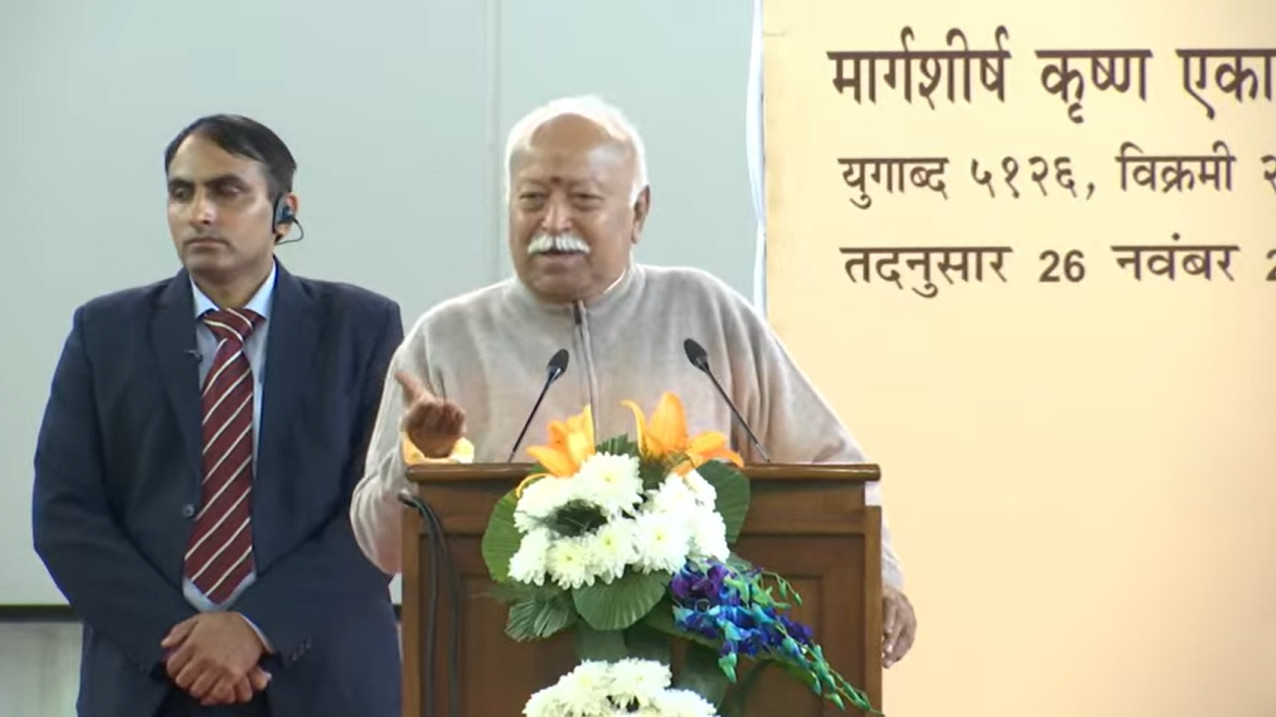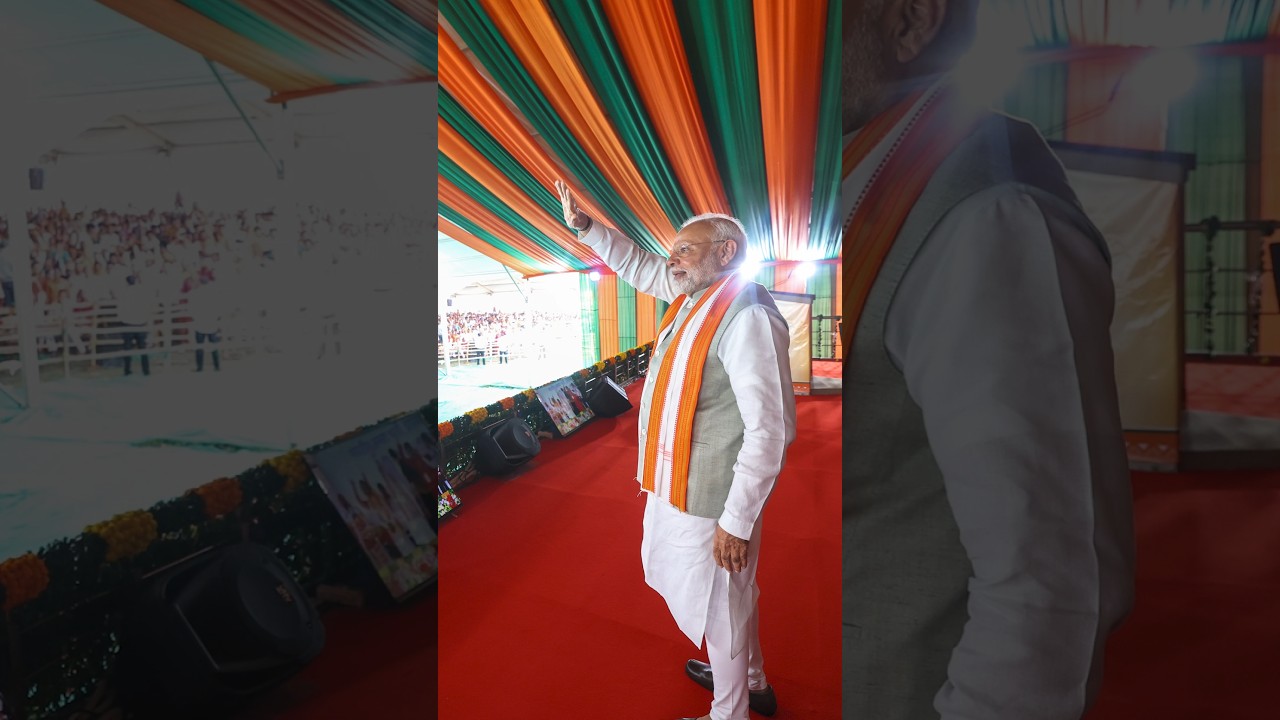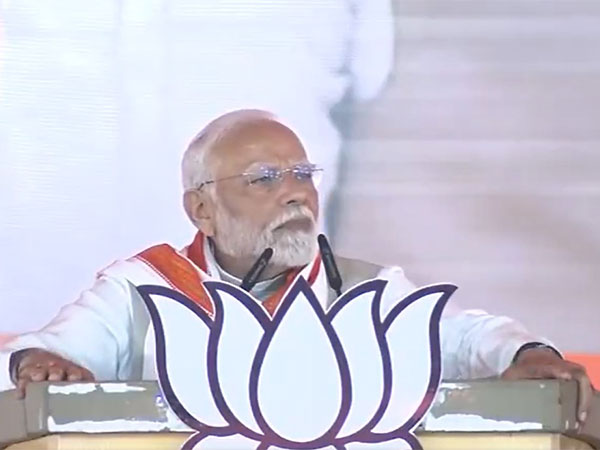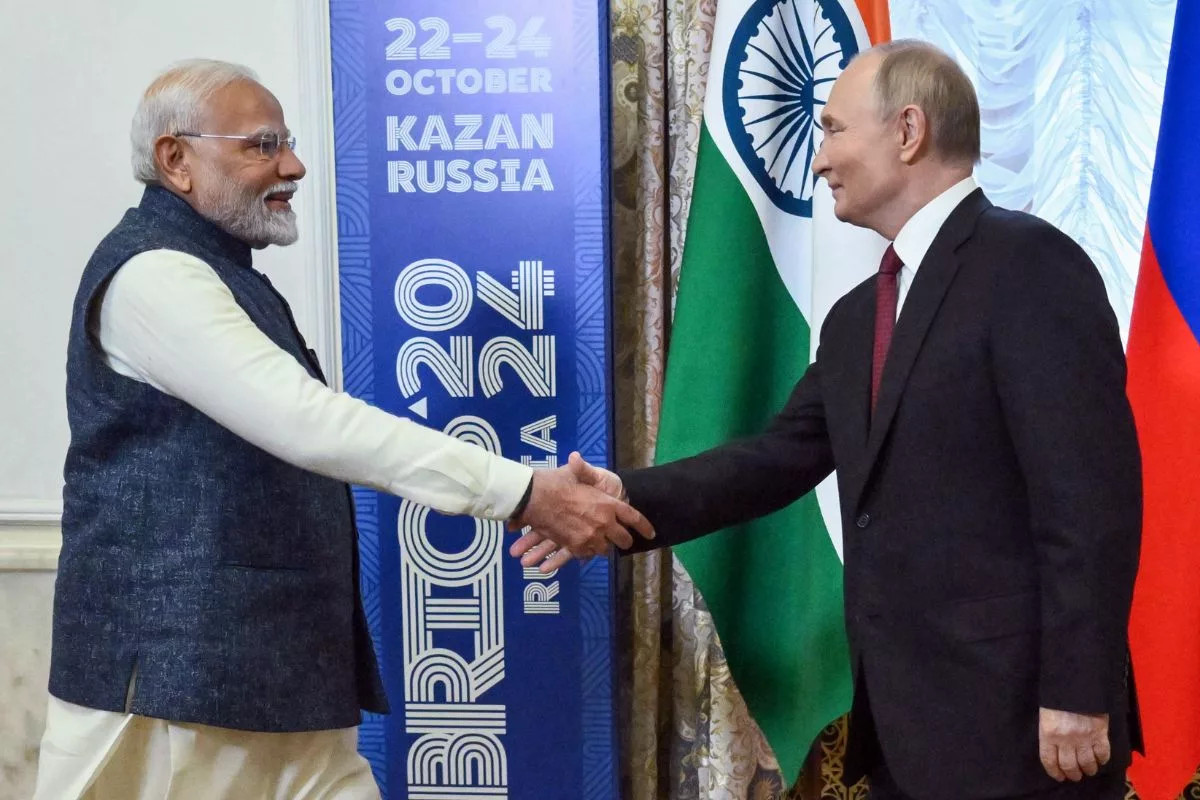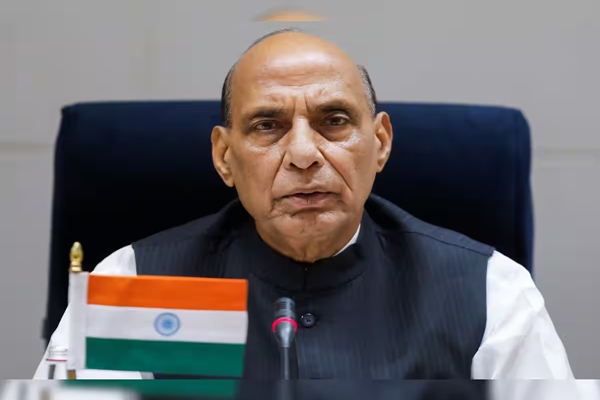S&P Global Ratings predicts a decrease of 60 basis points in the Tier-1 capital adequacy of Indian banks due to recent regulatory actions by the Reserve Bank of India (RBI). These actions include an increase in risk weights on unsecured personal loans, credit cards, and loans to nonbank finance companies. The measures aim to address concerns regarding nonperforming loans and ensure the stability of the financial sector amidst evolving economic conditions.
President Droupadi Murmu said on Friday that the indigenous industries have a huge role in building a self-reliant, competitive and robust economy. She said the government has taken several policy initiatives in the last few years and brought in reforms to encourage indigenous design, development and manufacturing of defence equipment. The president was addressing the officers of the Indian Ordnance Factories Service and probationers of the Indian Defence Accounts Service (IDAS), who had called on her at the Rashtrapati Bhavan here.
Add-on credit cards, also known as supplementary credit cards, are issued under a primary credit card and have the same features. They are useful for family members but can impact the credit score of the primary cardholder if there are delays or defaults in payments. It is important for add-on cardholders to inform the primary cardholder about their transactions and for the primary cardholder to guide them on responsible usage. Regularly tracking expenses and setting spending limits are also important considerations. The primary cardholder bears the ultimate responsibility for the add-on card.
According to a Reserve Bank Bulletin, retail inflation in India has decreased due to monetary policy action and supply side interventions. However, the article warns that the global economy is showing signs of slowing down, with manufacturing languishing and services sector activity reaching its post-pandemic expansion limit. The article also mentions that India's GDP is expected to increase in the third quarter of 2023-24, driven by festival demand and resilient investment demand.
Emirates has placed an order for 15 Airbus A350-900s, worth $6 billion, at the Dubai Air Show. This brings the total number of aircraft ordered by the company at the event to 110. The A350-900s will be used to serve new markets, including long-haul flights of up to 15 hours from Dubai. This deal further strengthens the relationship between Emirates and Airbus, according to Airbus chief commercial officer Christian Scherer. On Monday, Emirates announced a much larger order, worth $52 billion.
A new report by the Council on Energy, Environment and Water (CEEW) reveals that over 25 crore households in India have the potential to deploy 637 GW of solar energy capacity on rooftops. Deploying just one-third of this potential could meet the entire electricity demand of India's residential sector. The report also highlights that rural areas have higher rooftop potential than urban areas, and residential awareness and willingness to install rooftop solar systems vary across states.
Gensol Engineering Ltd has been selected as the lowest bidder for NHPC's Kargil Green Hydrogen Mobility Station EPC Project in Ladakh. The project involves developing a 500-kW solar power project that will provide energy to the hydrogen refuelling station. Gensol will be responsible for the installation, storage, and dispensing facilities, as well as the necessary civil and electrical infrastructure. The project is expected to be completed within 12 months.
The Asian Development Bank (ADB) has approved a $100 million loan to enhance urban services and tourism facilities in Tripura. The project will focus on improving water supply systems, stormwater drains, and urban roads. Additionally, tourist destinations such as temples and palaces will be upgraded to make them more visitor-friendly. The project will also include the development of a tourism business plan and the updating of the state's tourism policy. The ADB aims to support Tripura as a gateway to the northeast region and promote urban governance and financial sustainability.
Paytm on Wednesday announced a partnership with global travel technology company Amadeus. Under this collaboration, for the next three years, the company will integrate Amadeus's travel platform, enhancing the travellers’ experience from search to booking, and payments. “This partnership brings together Paytm's extensive user base and Amadeus's expertise to provide travellers with a more seamless and efficient booking experience,” the company said in a statement.

